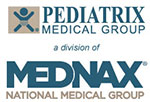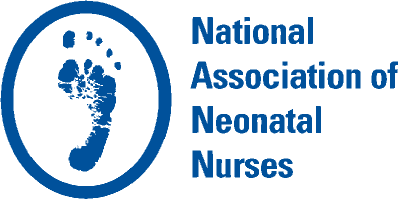NANNP Corner
When Do You Advocate for a Change in Practice?
Bobby Bellflower, DNSc NNP-BC FAANP
NANNP Council Chair
A few days ago, I discussed giving surfactant using the Less Invasive Surfactant Administration (LISA) method with a fellow neonatal nurse practitioner. My friend is from a different part of the country, and she had heard it discussed once at a conference but had not heard anything else about it, and she had not read much about it. Although LISA has been used in Germany for about 15 years, LISA has become more prevalent throughout the world over the past five years (Herting, Hartel, & Gopel, 2020). While some units may use the LISA technique for surfactant administration, many do not. Why or why not? Do we need more randomized control trials in the United States before adopting it? Do you know the evidence surrounding this topic?
This column is not to advocate for using the LISA method, but it is a good segue into the topic of making practice changes in the Neonatal Intensive Care Unit (NICU). In your unit, who decides to make practice changes? As an Advanced Practice Registered Nurse (APRN), do you make suggestions, conduct evidence-based practice (EBP) quality improvement (QI) projects, and implement/evaluate updated practice changes? The next question is, do you know how to write a clinical inquiry question, search, and evaluate the available literature, develop the practice change that includes educating everyone in the NICU, implementing the practice change, evaluating the practice change, disseminating the outcomes, and creating a plan to sustain the practice change? All babies and their families deserve the best practice. Our goal is to provide excellent care based on the best available evidence.
Many APRNs do not know how to develop an EBP QI project, but we know how to ask questions, and we can learn to do QI. Conducting QI does not mean that we are searching for new knowledge (although we may find a gap in the current knowledge). QI uses the evidence to determine if it is time to make a change in practice. Changing long-term practices is one of the most challenging things to do, but it can make a tremendous difference in the care of babies and their families.
How do you learn to conduct QI? Many hospitals or NICUs belong to national organizations that conduct QI on a national level. Examples include the Vermont Oxford Network or the Neonatal Consortium within the Children’s Hospital Association. If your unit belongs to a national organization that conducts QI, ask to attend one of their national meetings. Many are hybrid or virtual. Ask your practice manager about attending some of the nationally known expert conferences held around the country (most are virtual or in-person). Read, read, read; there are several excellent books and numerous articles on EBP QI. Attend the National Association of Neonatal Nurses (NANN) conference as we usually have sessions on EBP QI.
The first step is to develop the spirit of inquiry. As you read and go to conferences to stay updated on best practices, apply what you learn. Is your unit using practices and guidelines from 25 years ago (you would be surprised)? All practices, guidelines, and policies should be reviewed or updated every three to five years. Most will not need changing, but some will need to be updated and revised. Look at your guidelines, ask when they were updated, and volunteer to be on a team to address the updates.
As an APRN, you have the right and responsibility to advocate for your patients, their families, and your profession. Make sure your practice guidelines are evidence-based and up to date. If not, advocate for change. Learn to conduct QI and do it on a continuous basis. You may be the change your NICU needs!
Reference
Herting, E., Härtel, C., & Göpel, W. (2020). Less invasive surfactant administration: Best practices and unanswered questions. Current Opinion in Pediatrics, 32(2), 228–234. https://doi.org/10.1097/MOP.0000000000000878
Our Sponsor


